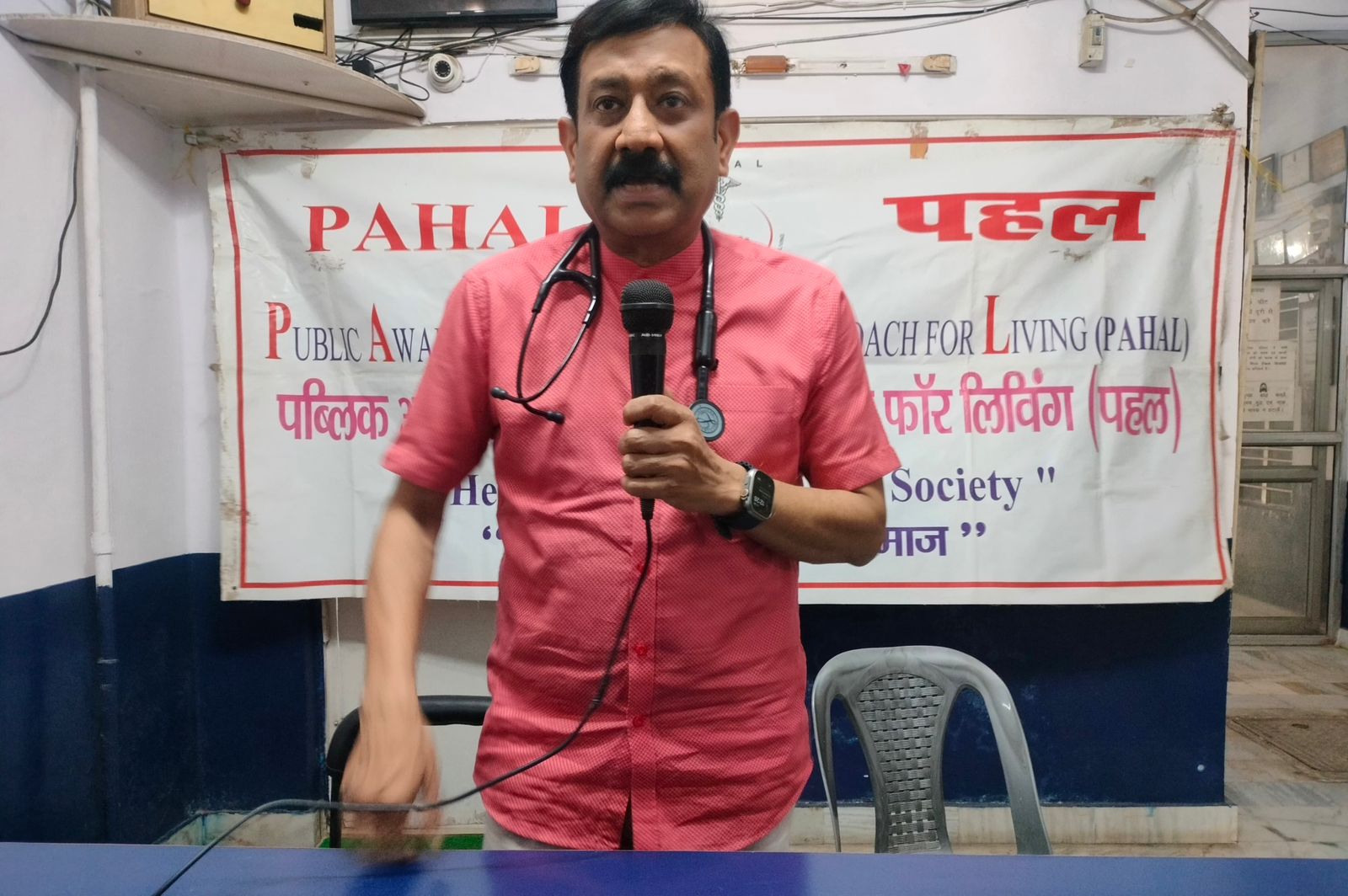Youth at High Risk of HIV and Hepatitis Due to Injectable Drugs, Cautions Dr. Diwakar Tejaswi

Patna: A growing trend of injecting drug use among young people is causing a significant increase in HIV and hepatitis infections, according to a senior public health expert.
On May 30, Dr. Diwakar Tejaswi, medical director and senior physician at Public Awareness for Healthful Approach for Living (PAHAL), highlighted the alarming rise in risky behaviour among youth, with six in 10 sharing needles. This practice is a major factor behind the surge in new HIV cases and the spread of hepatitis B and C.
“Most new HIV infections in youth occur through injecting drug use, and hepatitis C prevalence in this group has reached up to 40%,”Dr.Tejaswi said. He pointed to several causes, including negative media influence, curiosity about drugs, group needle sharing, limited access to counselling and de-addiction services, social stigma, and fear of testing.

To address the issue, Dr. Tejaswi recommended expanding access to Opiate Substitution Therapy (OST) using buprenorphine-based drugs to help youth overcome injectable drug dependence. He also emphasised the need for regular testing of HIV, hepatitis B and C, and vaccination against hepatitis B.
Further, Dr. Tejaswi called for increased psychiatric counselling and de-addiction centres, introducing support services in schools and colleges, and launching community awareness campaigns. Collaboration with peer support groups, NGOs, and health workers is critical to reach affected youth and ensure access to treatment, especially in remote areas. He urged parents, teachers, and public representatives to be vigilant and seek immediate medical advice if drug use is suspected.





